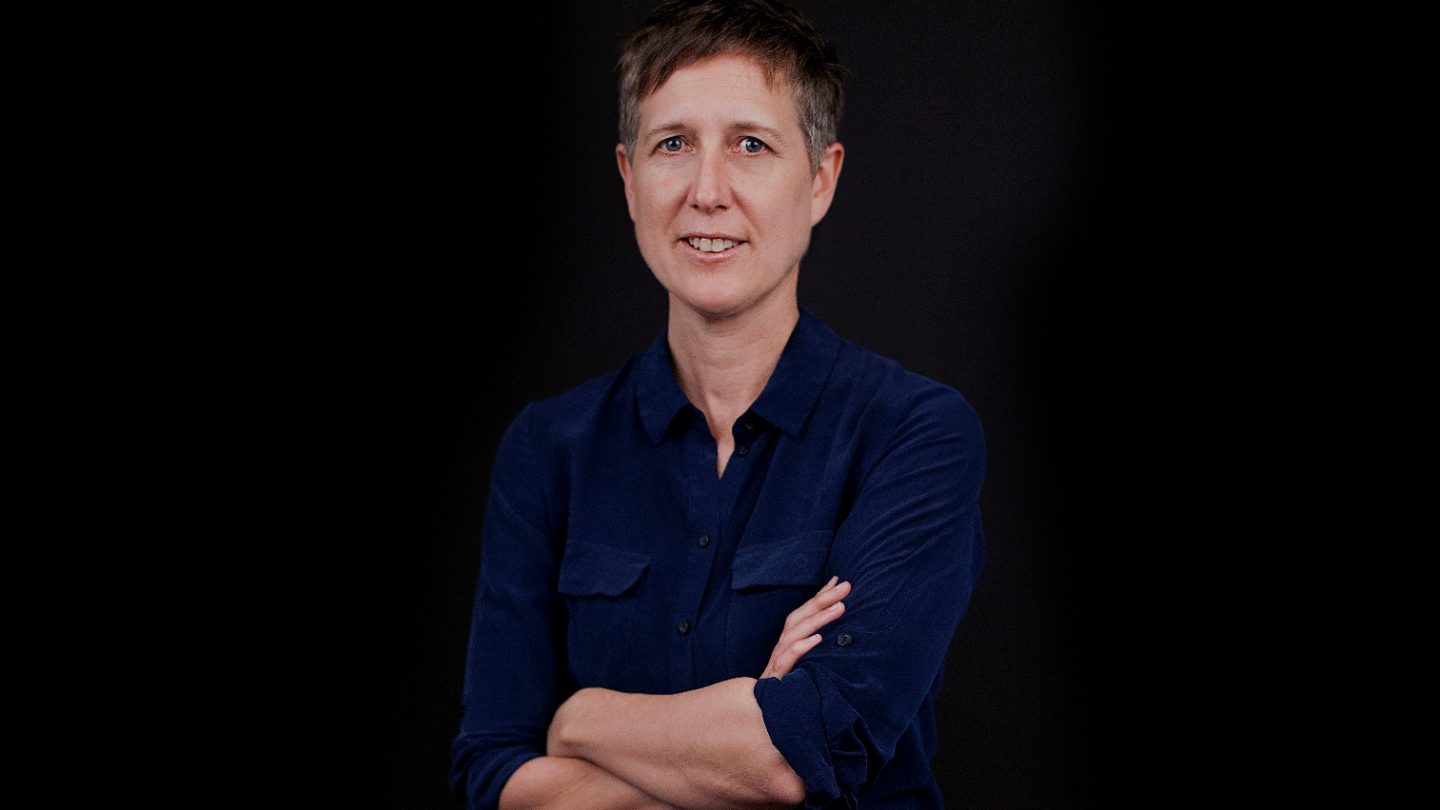
For everyone The long fight for fairness

When I was a student at Carlingford High School in the late 1980s, my teachers took strike action against unjust education cuts by the New South Wales Liberal government. With my friends, I caught the train into the city to show support, joining a mass gathering in Sydney’s Domain.
We were protesting bigger class sizes and losing teachers in the middle of our HSC year, at the end of a decade when lots of communities across the English-speaking West had been experiencing similar cuts to public sector jobs. It was part of a new right-wing economic agenda that insisted things like education, or the supply of water, or transport, health and electricity, could be done more efficiently by the private sector, with more outsourcing, and fewer permanent jobs.
It was, of course, the era of Margaret Thatcher in the UK, and Ronald Reagan in the United States. I had grown up listening to the protest songs of punk bands from overseas, but now this ideology – and the protests that accompanied them – had hit my city and my school.
There’d been protest movements concerned with similar issues springing up in Victoria, South Australia and in New Zealand. The consistent tactic of the organised right was to take on the industries with the strongest unions, banking on early victories to demoralise the broader union movement, just as Nick Greiner’s newly elected Liberal government picked a fight with the New South Wales Teachers Federation.
But the Teachers Federation fought back. Teachers, parents, students and communities are rarely united, but the Federation mobilised them all to defend public schools from the ideology of funding cuts and mass layoffs; these were some of the largest union protests Sydney had ever seen. And I was there – in the city heart that kids from my suburb visited rarely, standing with tens of thousands of people.
Union power is this simple act of solidarity – of people realising what we have in common and deciding to stick together and to act.
The spectacle of that gathering, the might of its unified purpose, the feeling of solidarity and strength, resonated with me in a way that has shaped my beliefs and my actions ever since. Union power is this simple act of solidarity – of people realising what we have in common and deciding to stick together and to act.
There are few Australians who wouldn’t define the culture’s adherence to ‘the fair go’ as our most important national belief.
The ‘fair go’ of the last century ignored the bitter battles that women had to fight for legal equality in the community and the workforce, and it was wilfully, dangerously blind to the dispossession of Aboriginal and Torres Strait Islanders, and the brutal reality of the racism and exploitation on which modern Australia was built. Wider social inequalities and discriminations manifest in the workplace too.
But campaigns for empathy and solidarity – in which unions played their part – have expanded the ‘fair go’ into an ideal whose power has grown as it has extended its reach, evolving into something that has spurred so much of our history, our art and literature, our cultural habits and national character, it’s unsurprising that the opponents of fairness are somewhat desperate to steal the language of the ‘fair go’ to make their own.
It’s why people like the current prime minister, Scott Morrison, drop corrupting catchphrases like ‘a fair go for those who have a go’ into the national conversation, to impose their own distinction between those Australians they have decided are deserving, and others who are, somehow, undeserving of opportunity. The fairness these people suggest is always conditional, a pledge to provide chances only to those who ‘make a contribution, not seek one’, to reward only those who meet their criteria for being ‘lifters’, as opposed to the ‘leaners’, who get nothing.
Their mugging of ‘fairness’ is, of course, a con – and one that can only work for as long as they continue to convince people that their lack of opportunity is either their own fault, or something that can be blamed on whichever local outsiders, or minorities, are most easily portrayed as villainous interlopers.
But when it’s obvious that material conditions have become so unbalanced in favour of one group over another that you can work hard, obey all the rules and still not get ahead; when people start talking, and realise that what many were promised, few have received; when a factory’s whole workforce is fired from their jobs, only to have the same work offered back to them as ‘sub-contracters’ or ‘labour hire’, at a much lower rate; when a stroke of a pen in a distant court cuts a weekend worker’s pay; when you’re told that opportunity’s a level playing field, but you can see you’re really standing on a slope, at the bottom of a hill… that’s when the falsity becomes transparent and the scapegoating wears thin.
That’s precisely when Australians start howling at the ref.
They’re howling now.



